

What Conditions Can Be Treated With Medical Marijuana?
Imagine treating a serious condition with a therapy that helps ease symptoms—without adding additional harm. Many Canadians today are exploring medical cannabis when conventional medications don’t fully relieve their suffering. Below is an updated, evidence-based version of the conditions you originally listed—same order, but with current research and compassionate insight.
Asthma
Historical references once described cannabis as a bronchodilator, but modern medical evidence does not support prescribing cannabis for asthma. Inhaling smoke may irritate airways and worsen symptoms. Safer routes, like vapourization or oral oils, may be considered for other conditions, but cannabis is not a frontline asthma treatment.
Glaucoma
Cannabis can temporarily lower intraocular pressure, but only for a few hours. Frequent dosing would be impractical and could cause side effects. Eye-drop medications remain the standard evidence-based approach for glaucoma in Canada.
Tumours / Cancer
Laboratory research suggests cannabinoids might influence tumor cells, but human trials have not confirmed cannabis as a cure. However, cannabis is widely used to help manage pain, nausea, and appetite loss in cancer patients. Many find relief when conventional treatments cause harsh side effects.
Nausea Relief (Chemotherapy / HIV / AIDS)
One of cannabis’ most proven medical uses is managing nausea and vomiting from chemotherapy. Health Canada recognizes this benefit, and synthetic cannabinoids like nabilone are approved for this purpose. Patients often report improved appetite and quality of life while using medical cannabis under professional guidance.
Epilepsy
Certain CBD-rich formulations have shown success in treating specific seizure disorders such as Dravet syndrome and Lennox-Gastaut syndrome. However, cannabis is not a universal solution for epilepsy; its success depends on formulation, dosage, and patient response.
Multiple Sclerosis (MS)
Cannabinoids can help ease muscle stiffness, pain, and spasticity in MS. Clinical trials confirm moderate relief, especially when cannabis is used alongside conventional therapies. Many MS patients report improved mobility and rest.
Lung Disorders
Cannabis should not be used to treat lung conditions like COPD or lung cancer. Inhaled smoke may worsen respiratory issues. There is no scientific support for cannabis as a lung-clearing or expectorant agent. Safer methods, such as edibles or oils, are preferred for other qualifying conditions.
Sleep Disorders
Many patients report falling asleep faster and staying asleep longer after using cannabis, especially those dealing with anxiety or chronic pain. While promising, research is still developing. It’s important to use medical cannabis responsibly to avoid dependency or next-day fatigue.
A Compassionate Approach to Cannabis Care
Cannabis is not a cure-all, but it can improve quality of life for people managing pain, PTSD, anxiety, or long-term illness. Evidence varies by condition, dosage, and delivery method. Your healthcare practitioner authorizes your use, while cannabis educators help guide you through the cultivation and use process safely.
If you’re a veteran managing PTSD or chronic pain, support programs like Grow Vets offer free assistance with medical authorizations and grow licence applications. Veterans can also access education on dosage, strains, and safe cultivation.
Patients who wish to grow their own medicine can apply for a Personal Grow Licence under Health Canada’s ACMPR framework. This licence lets patients legally cultivate a limited number of cannabis plants for their personal medical use, reducing cost and ensuring full control over quality.
Doctors simply authorize medical use—they do not instruct patients on cultivation. Cannabis educators, however, can guide you on topics like lighting, soil, drying, and safe storage to help you achieve a successful home grow.
If you’re ready to explore whether medical cannabis could help manage your condition, or you want to learn how to get a medical marijuana card in Ontario, connect with the experienced team at GrowLegally.ca. We provide compassionate guidance for patients across Toronto, Ontario, and all of Canada—helping you access safe, legal, and effective medical cannabis care.
Previous Post
Next Post

Storing Medical Cannabis – Learn how to properly store your cannabis and keep its potency strong.
Go To Post
Before Acquiring Medical Marijuana, Here Are 2 Questions That Your Doctor Is Likely To Ask You (Plus a Bonus One!)
Go To Post
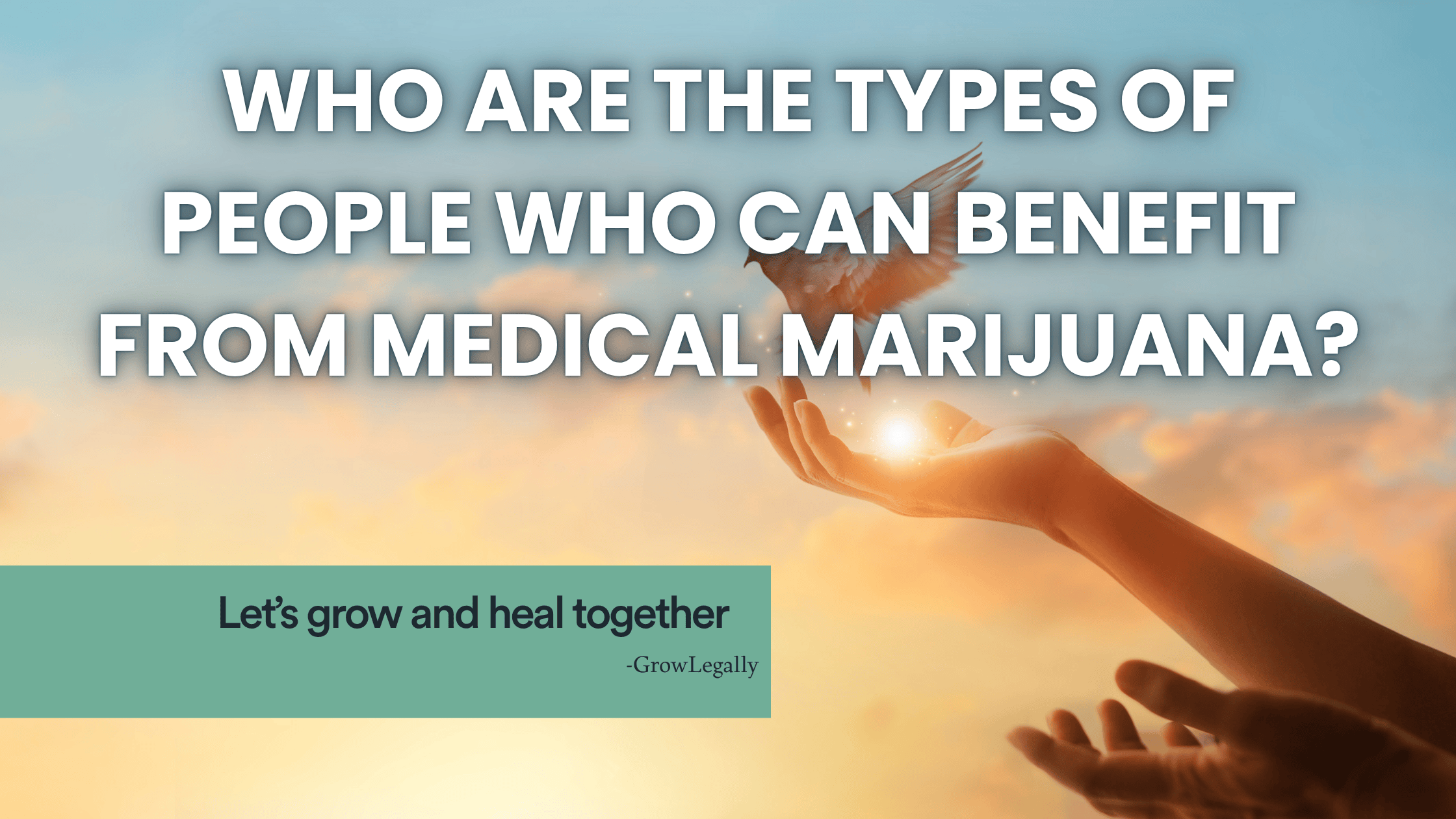


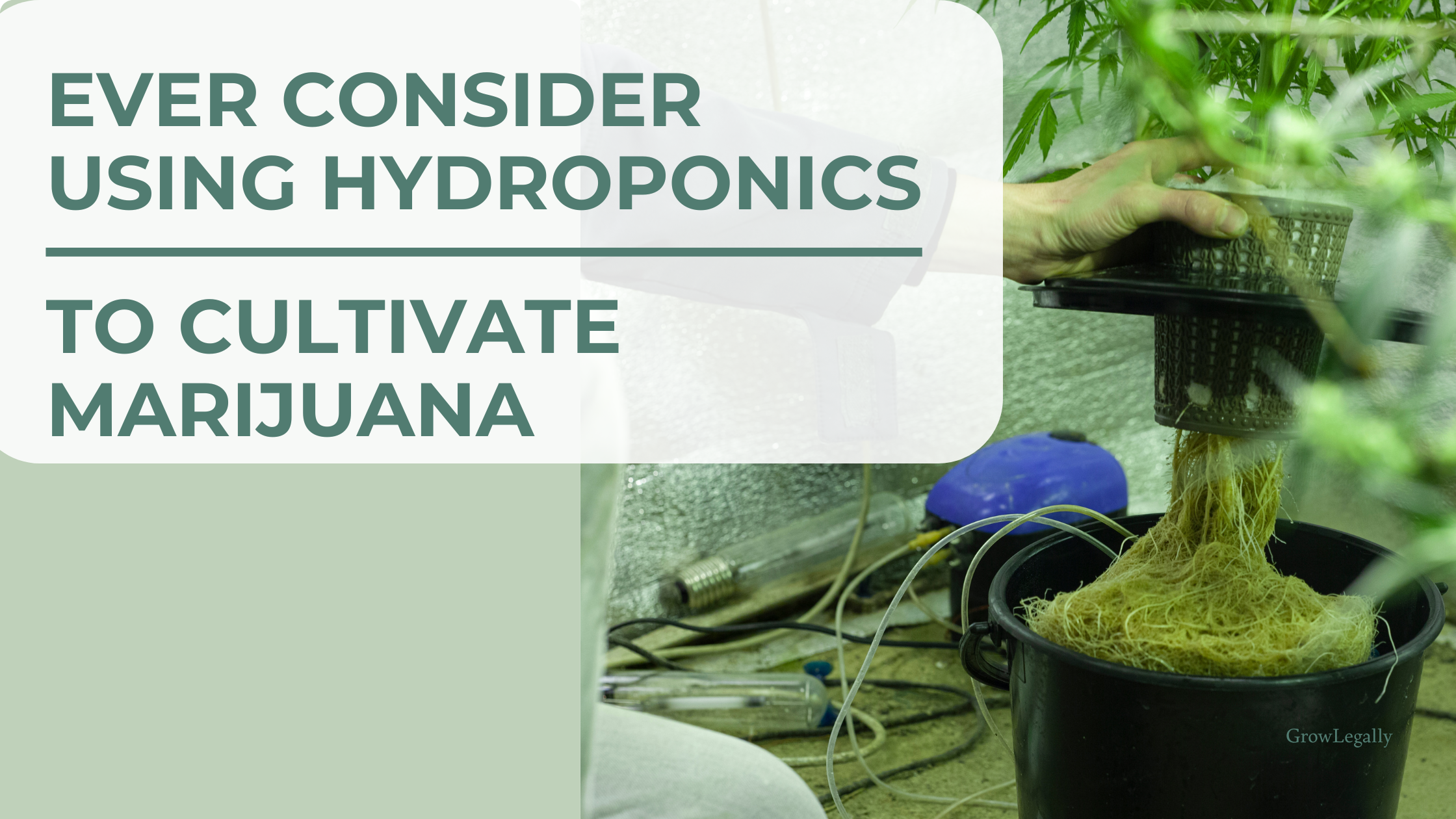

.png)
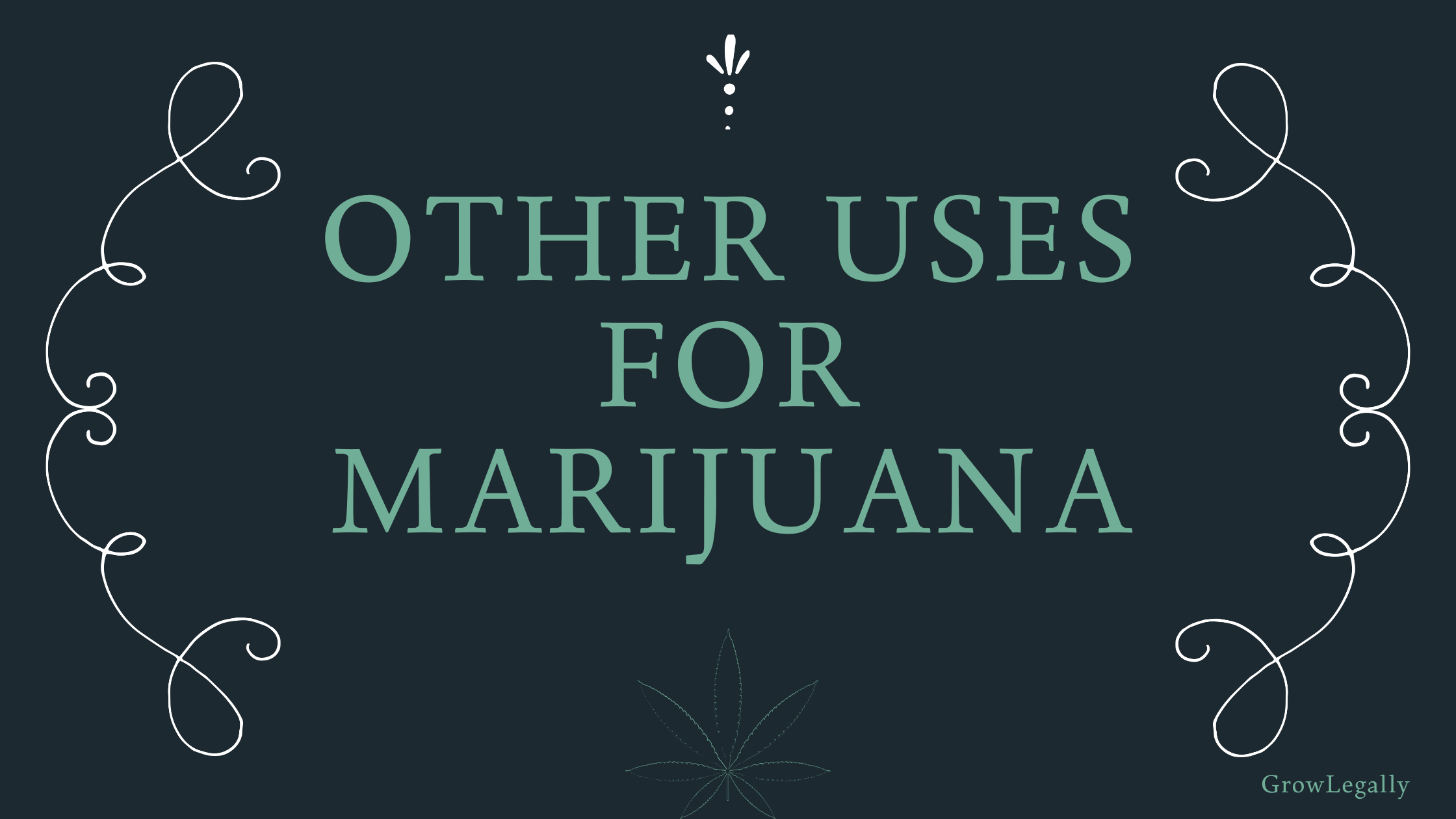
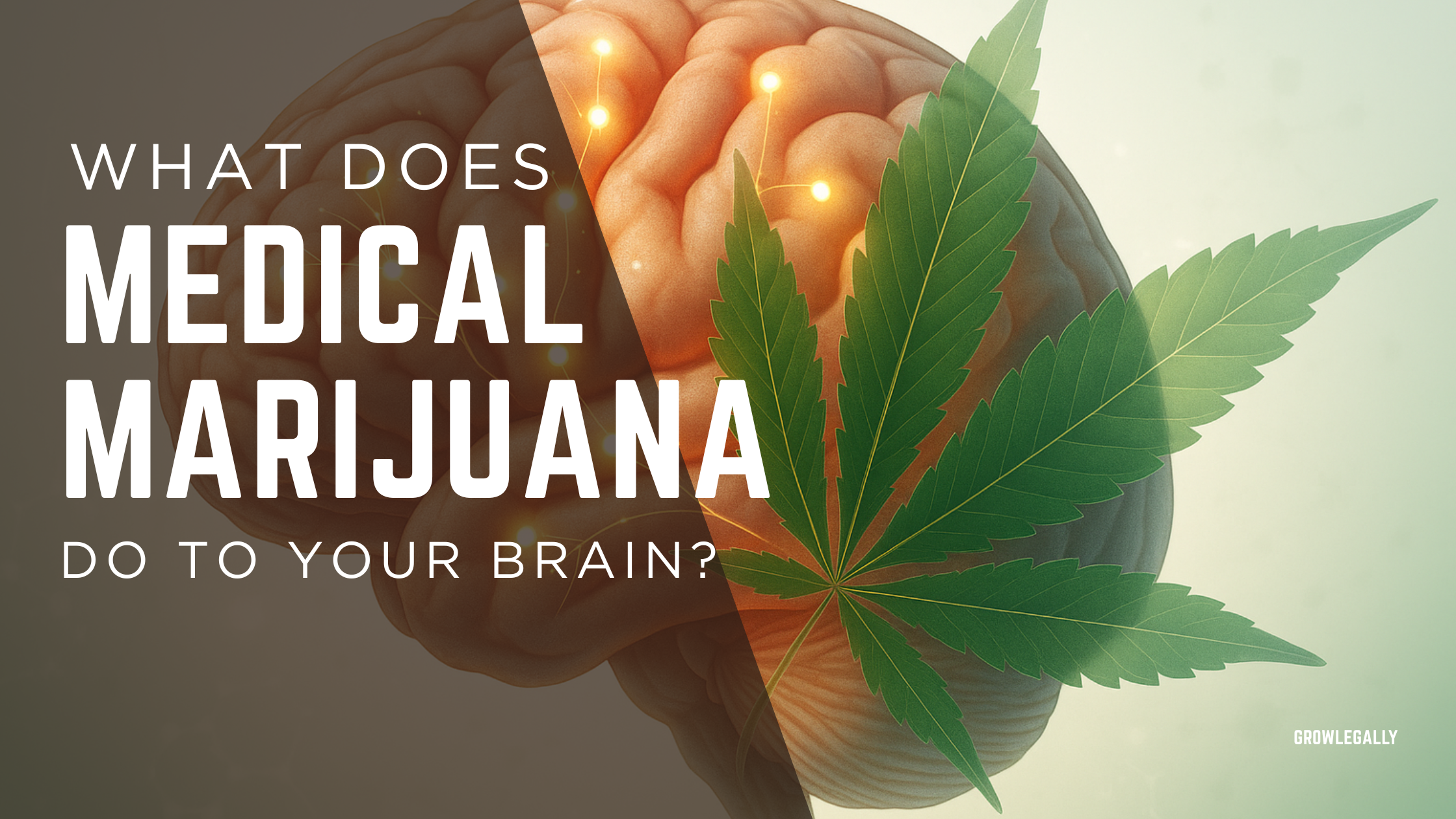
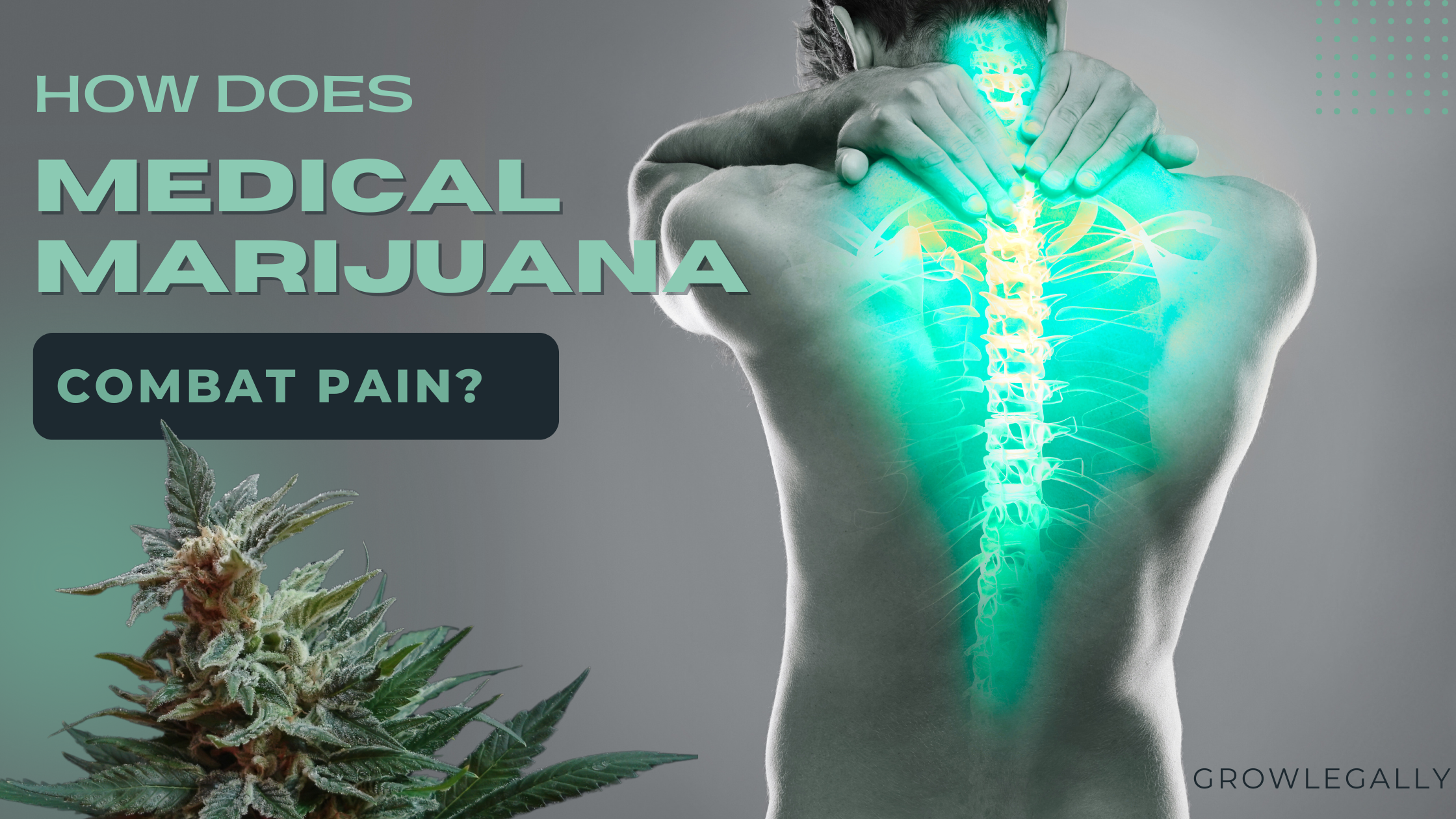
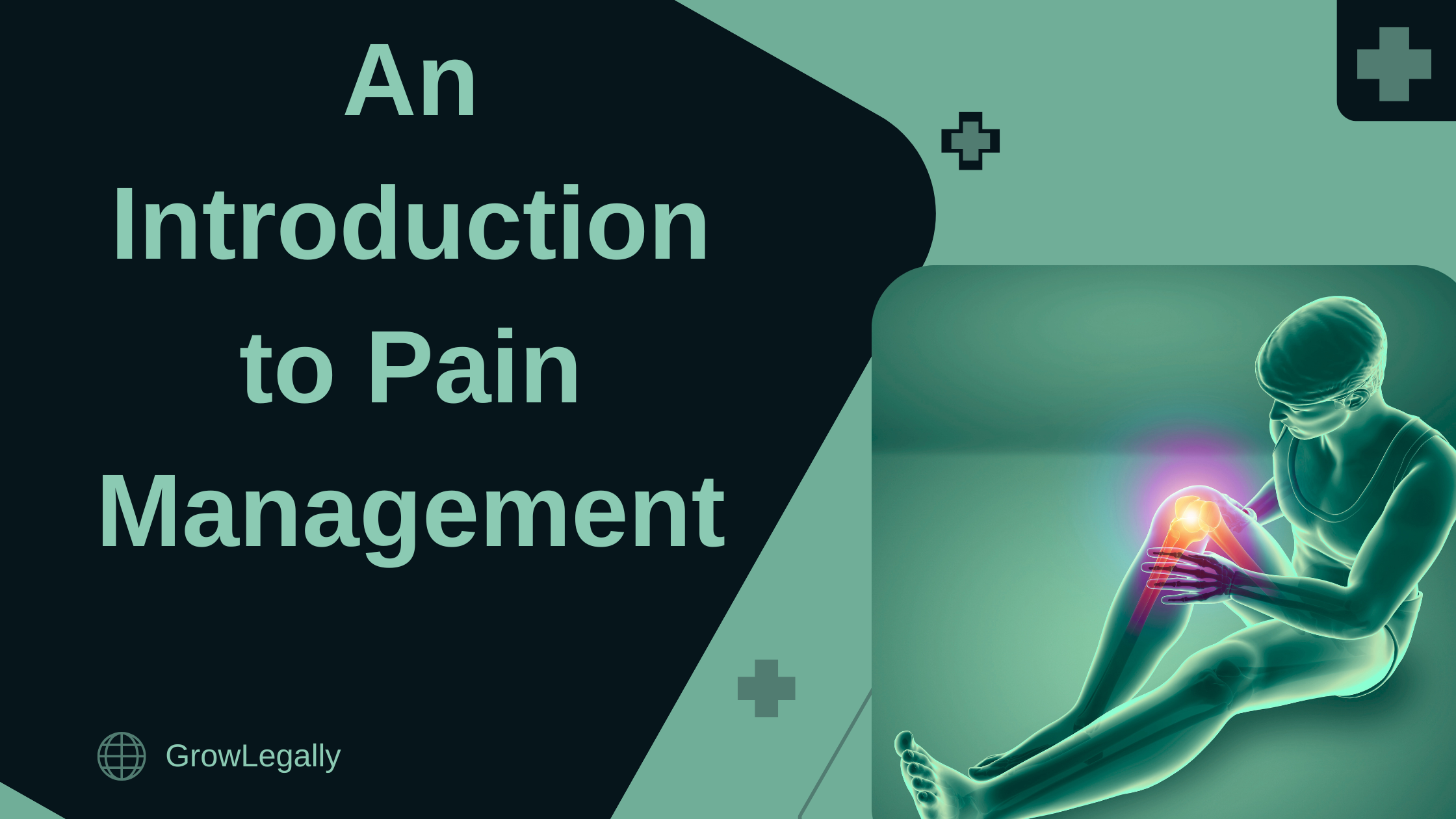
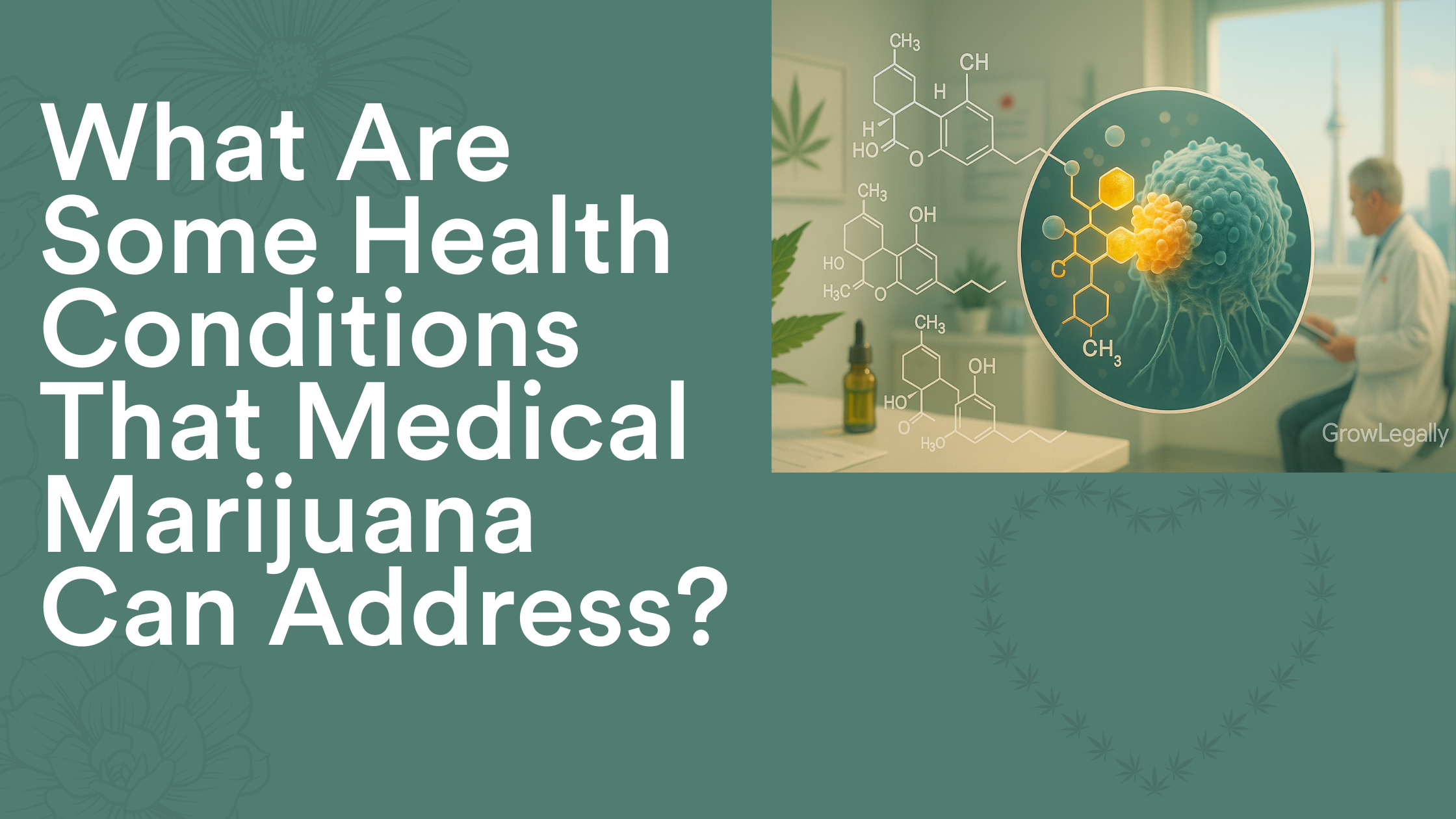
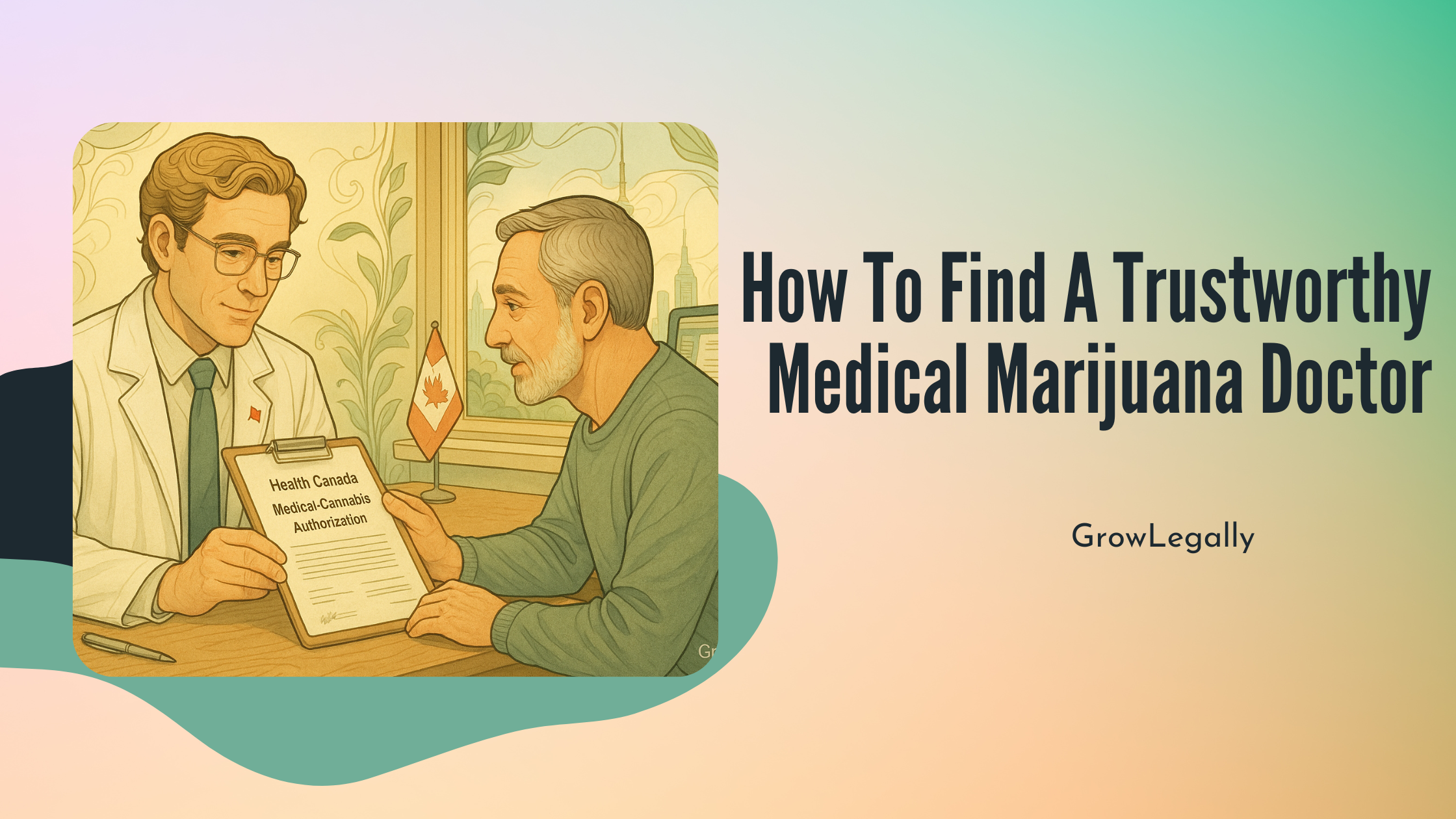

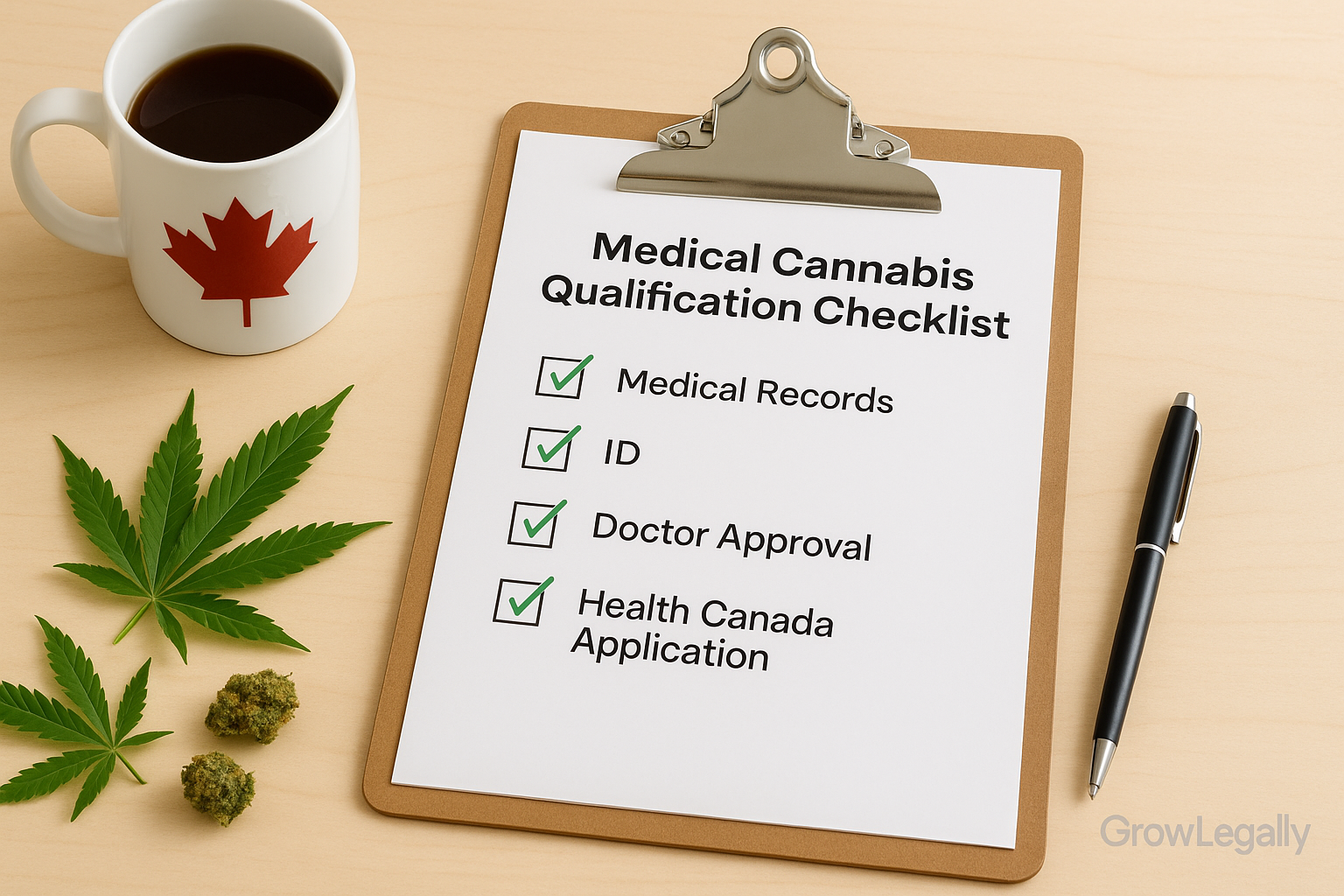
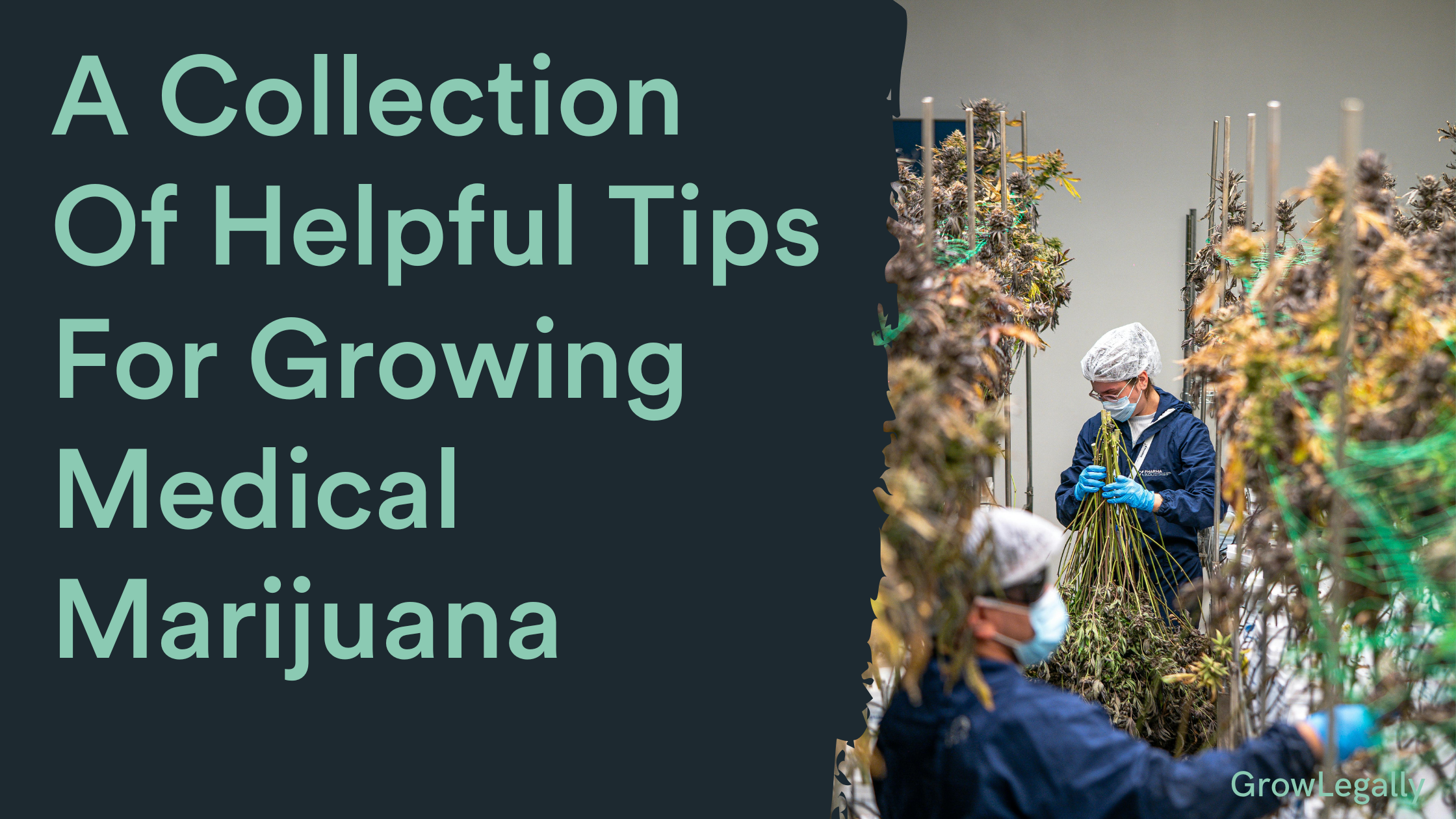
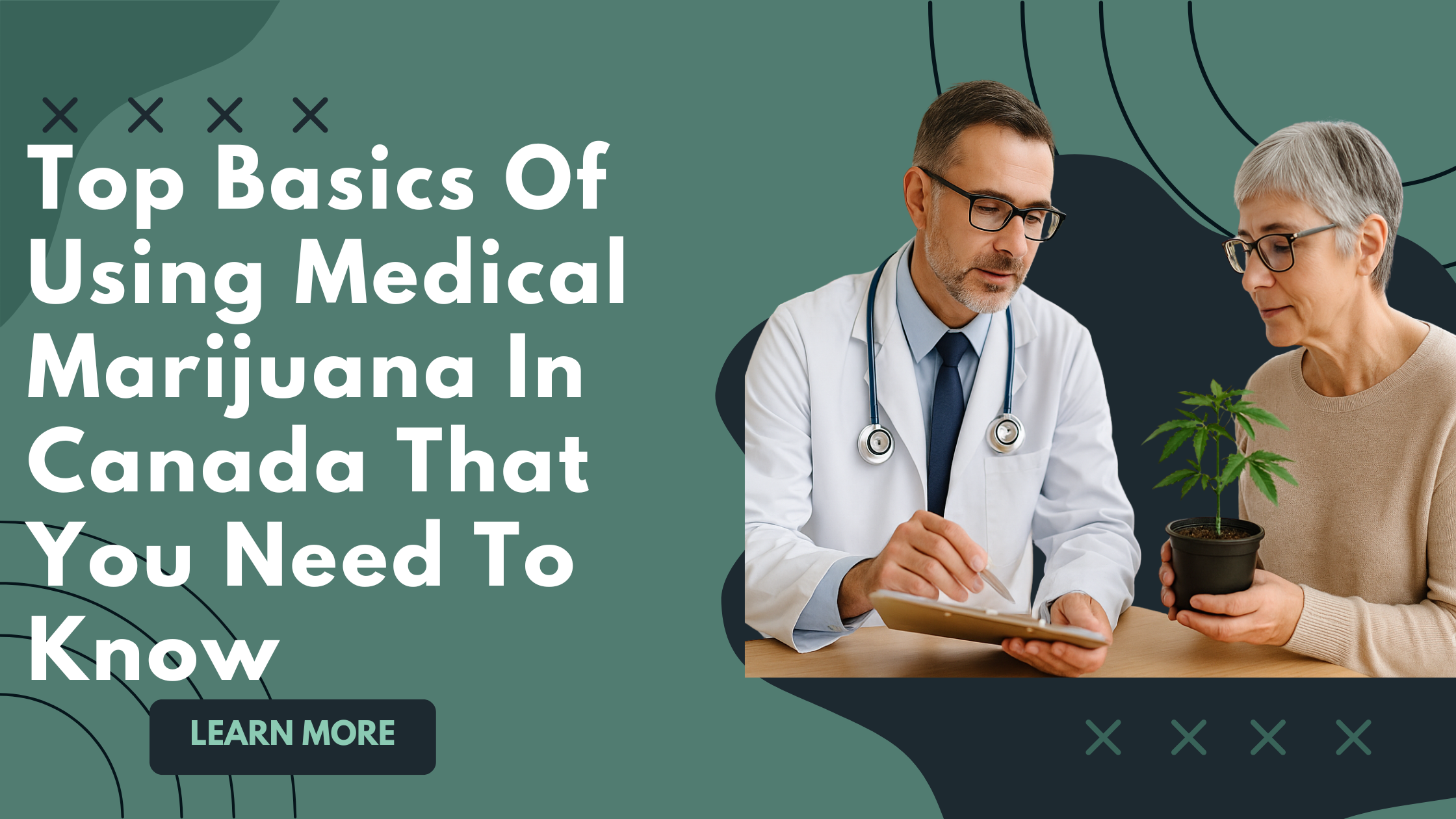
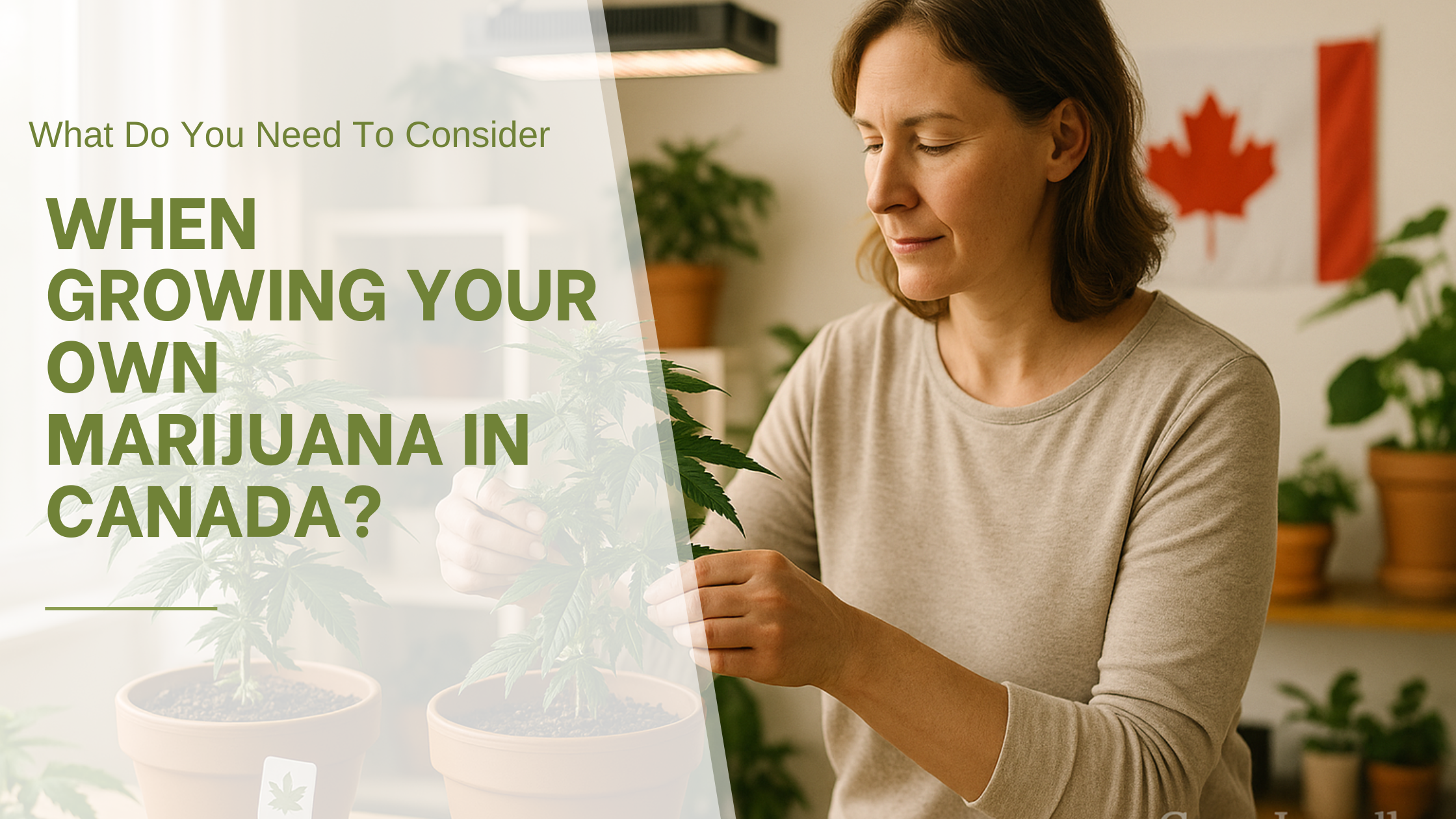


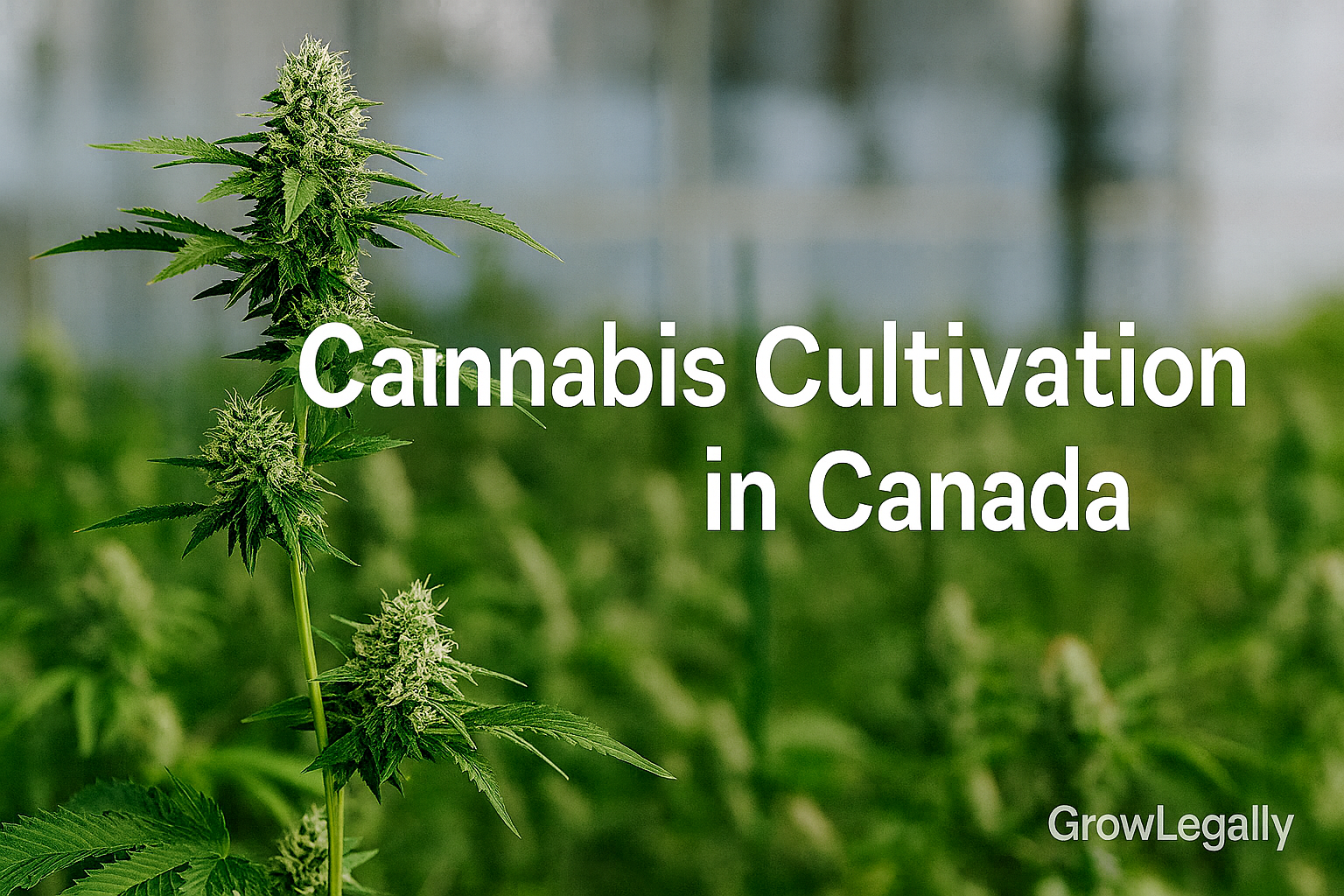
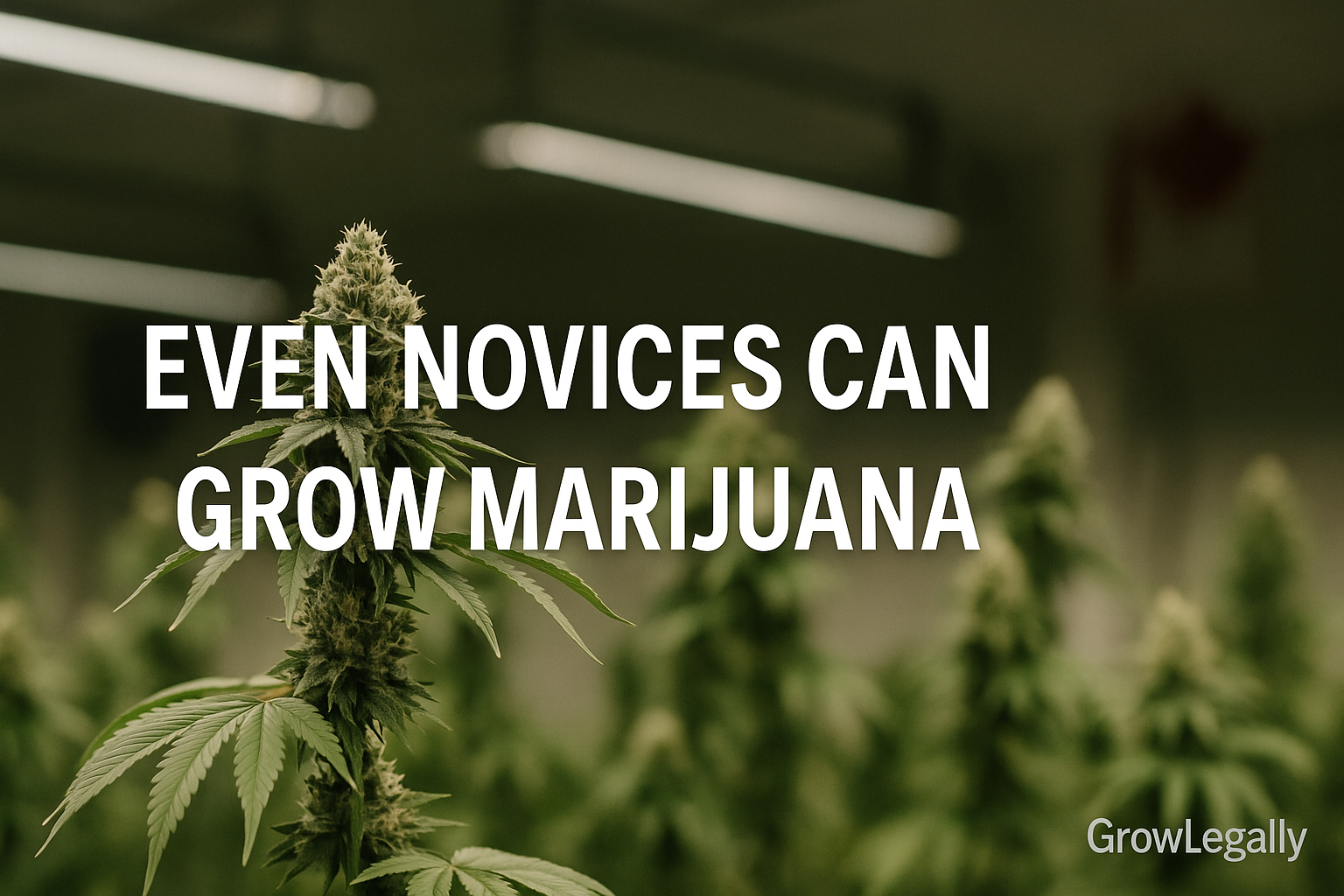


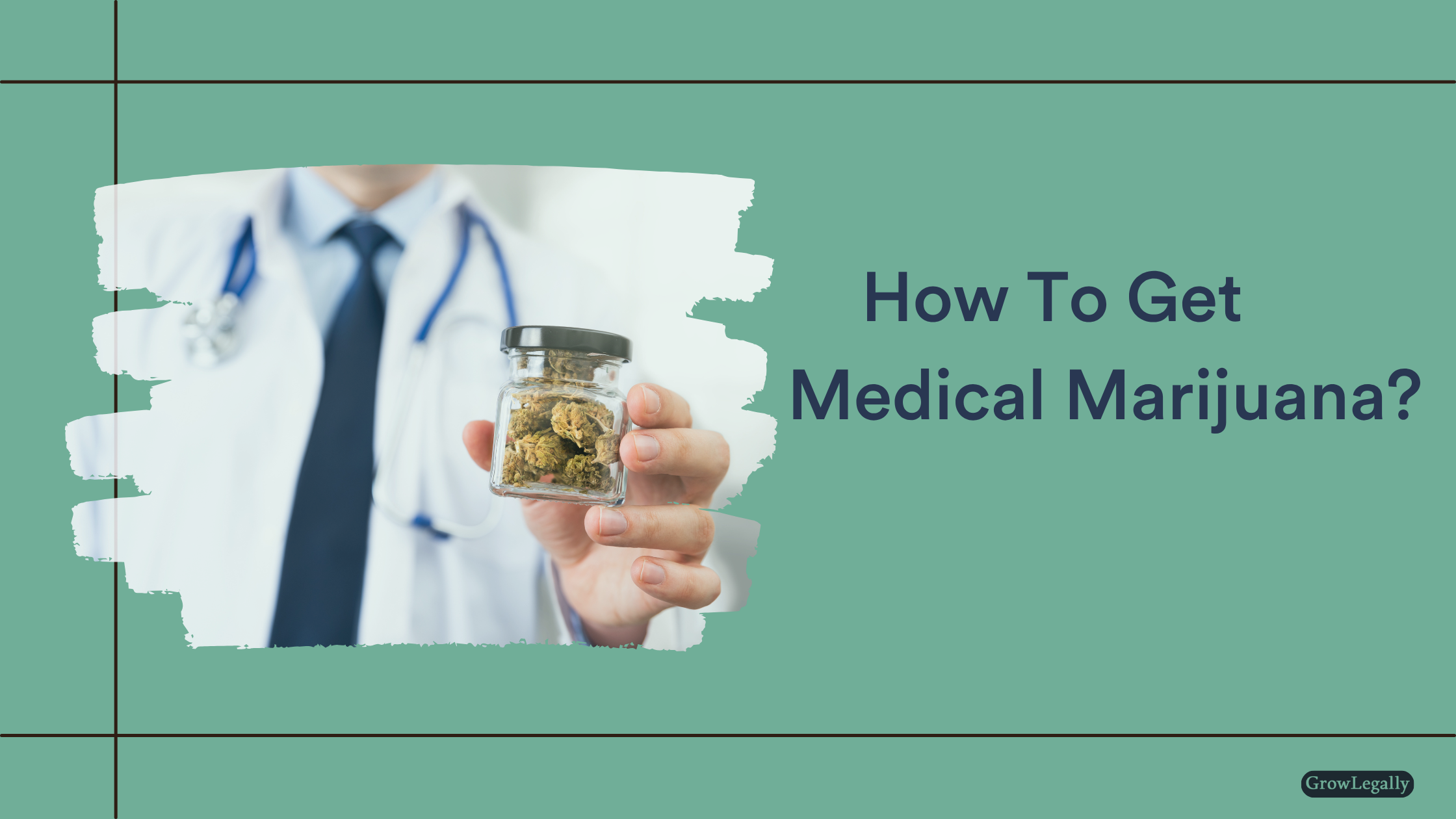

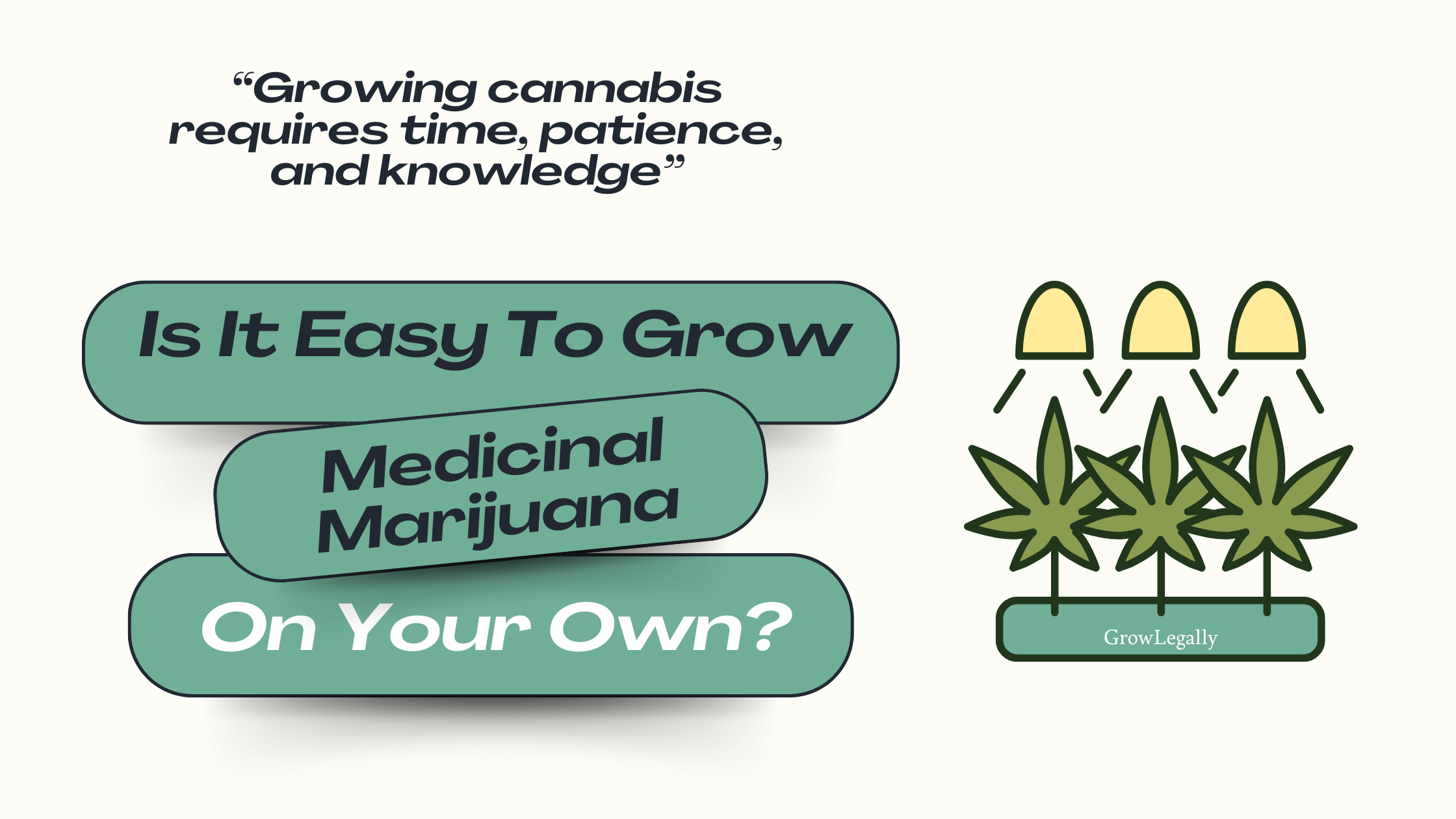
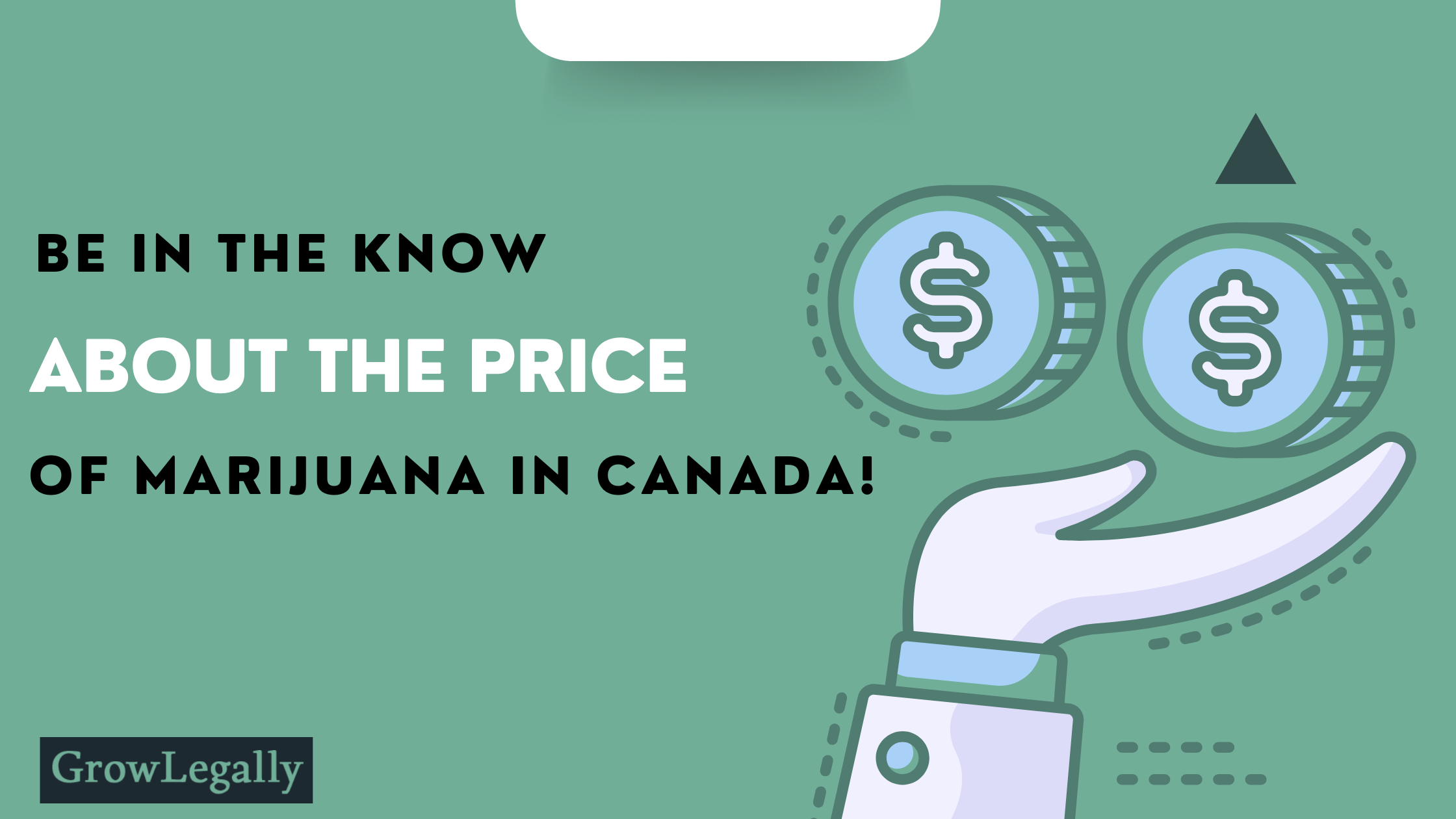





















.png)

















































.png)




























